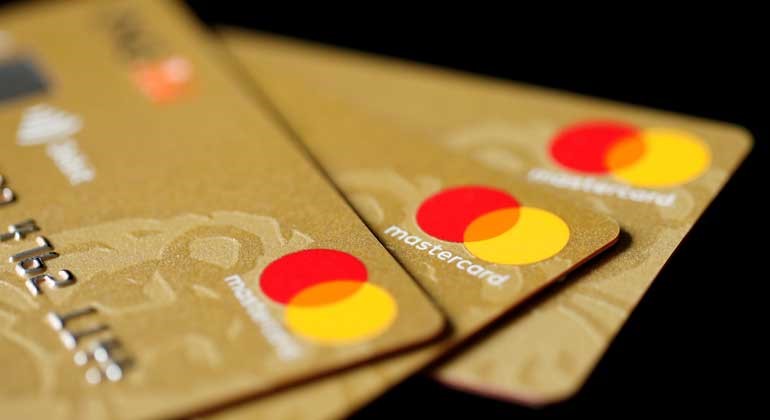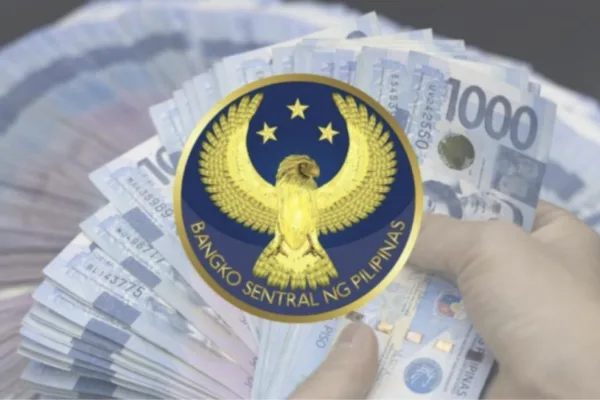To encourage more people to borrow money from banks and boost spending in a Philippine economy that’s heavily dependent on consumption, the Bangko Sentral ng Pilipinas (BSP) has announced recently that it will maintain the present restriction on credit card fees.
This means that the cardholder’s maximum interest rate or finance charge will continue to be at 3% per month, or 36% per year, on any outstanding credit card amount.
Similarly, there will also be a 1% cap on the monthly add-on fees that credit card companies can impose on installment loans.

However, the maximum processing cost for using credit card cash advances still remains at P200.00 per transaction.
Bank regulators maintained the interest cap on credit card transactions at 3 percent per month or 36 percent per year, at least through the next six months, amid a balancing act between encouraging consumption by borrowers and making business sustainable for lenders.
The cap was raised to the current level last January from 2 percent per month (or 24 percent per year).
Back then, the Bangko Sentral ng Pilipinas said it was needed to help consumers who were still enduring the brunt of the COVID-19 pandemic.
The credit card transaction caps, according to the central bank, will again be up for review after a six-month period.
These limits on borrowers’ burden from credit card transactions were imposed by the BSP as a temporary relief measure to ease the financial burden of consumers from the COVID-19 pandemic and promote affordable access to credit.
More recently, weaker household consumption was partly blamed for the slower-than-expected growth of the Philippines’ gross domestic product (GDP) in the second quarter of this year. This was pegged at 4.3 percent against a widely expected 6 percent.
“The BSP’s decision to maintain the current ceilings on credit card transactions strikes a balance between providing consumers with access to credit card financing at steady rates and ensuring the long-term viability of banks/credit card issuers so that they can continue to provide quality service to their clients,” stated BSP Governor Eli Remolona Jr. in a media advisory.
Based on the latest BSP data, credit card receivables experienced a double-digit increase of 29.0% year over year as of the end of May 2023, which was greater than the 17.1% recorded in the previous year.







